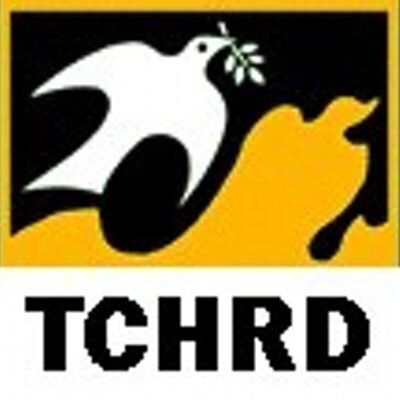The Tibetan Centre for Human Rights and Democracy (TCHRD) this month expressed concern over restrictions placed upon Tibetan’s rights in relation to international travel. Since 2012, Tibetans from the Tibetan Autonomous Region (TAR) have faced universal passport confiscations.
In April 2012, “guiding opinions” were published by the Chinese government relating to Tibetan passport applications. Replacement electronic passport are only issued after “strict investigations”. The application is reviewed in ten stages by Public Security Bureaus at the county, township, prefecture, and regional level. A less restrictive option, say the TCHRD, would have been to allow valid passports to expire naturally before replacing them with the new electronic documents. In 2014, further restrictions have also prevented Tibetans from travelling to religious ceremonies and sacred sites.
There is no time frame attached to any stage of the application process. Nor is there mention of a right to appeal any decision not to issue a passport. Tibetans who navigate the official channels are made to sign a contract promising not to harm China’s security or interests. Any involvement in criminal acts results in the passport being revoked. Tibetans returning from abroad must surrender their passports within seven days and attend an interview regarding their travels. These conditions, along with the presumed need to re-apply for a surrendered passport, severely restrict freedom of movement. None of the above measures are imposed on other Chinese citizens.
Freedom of movement is guaranteed under international law by Article 12(2) of the International Covenant on Civil and Political Rights (ICCPR), which the People’s Republic of China has signed. The ICCPR commits its parties to respect the civil and political rights of individuals. Freedom of movement should only be restricted in exceptional circumstances when it is necessary to protect national security, public order, public health or morals and the rights and freedoms of others. The People’s Republic of China have signed the convention, but have not yet ratified it.
The United States Commission on International Religious Freedom (USCIRF) stated in its 2015 annual report that China imposes “harsh policies of repression on Buddhists” across the Tibetan plateau. The 232-page annual report documents religious freedom violation in 33 countries and makes country-specific recommendations to the State Department under the International Religious Freedom Act (IRFA) of 1998. The USCIRF has recommended re-designating China as a “country of particular concern”, emphasising growing international criticism of the restriction placed upon Tibetans in the TAR.





 Print
Print Email
Email